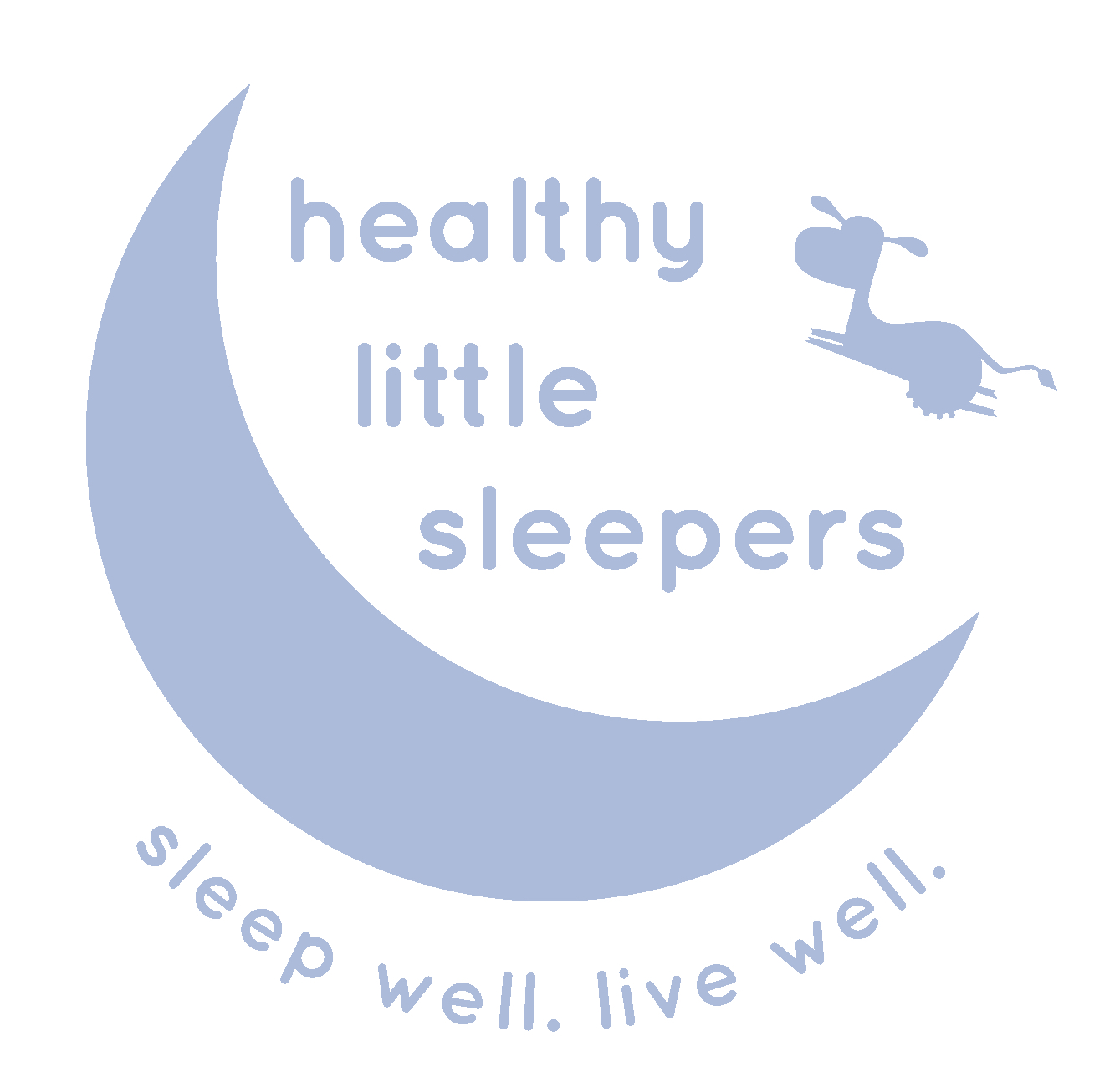Sibling Rivalry
It’s never easy to know how or the “right way" to handle situations when your kids are not getting along. What's also difficult is when a new baby comes home, and your first child starts acting out. Sometimes our gut reaction (for some) is to tell the older one not to hurt the baby, be nice, you need to share with your brother/sister, etc...
Unfortunately, what we are actually telling them is to not have their feelings. I’m not saying that they should hurt each other… that’s when we need to intervene. But we do need to let our kids have their negative feelings about one another but learn to channel it differently (not an easy task!). The book Siblings Without Rivalry makes a great analogy… Let’s say your husband or wife comes home and says, “I love you so much, I’ve decided to bring home another husband/wife just like you.” I imagine your gut reaction would be, “Ummm, no that’s not okay!” Then all you hear from your spouse are different kinds of statements ranging from “We’re family now,” “Now you have someone to talk to and hangout with,” and “I have so much love for both of you.” I don’t think anyone would be okay with these answers, just as your older child wouldn’t like his or her feelings dismissed when a new sibling arrives and changes the family dynamic.
So, what is one to do? There are a lot of different situations our children can be in, but here are a few options to help guide you and their negative feelings.
Scenario: You see pushing or hitting happening when one joins the other to play… (always remember that hurtful actions need to be followed by statements to stop those actions).
Acknowledge feelings: I see you’re really angry. When you’re made, you can stomp your foot like this (show).
A wishing statement: You wish to play by yourself and not share with your sister/brother. Hitting hurts… people are not for hitting
A creative outlet: You can show me your feelings with a doll.
Communicate angry feelings: Tell your sister/brother with words how upset you are. Tell him/her “I’m mad. I don’t want you to take my toys. It’s okay to have your feelings but you don’t use your hands to hit.”
Easier said than done... I know!
I recently just put this into effect though. I was in the kitchen making breakfast for my kids, and I hear my daughter (18mos) cry out and my son (3) say, “no, that’s mine”. So, I quickly ran in, and my daughter had stopped crying but had those so sad crocodile tears. So I said, “What happened in here?” Thank god for 3 year olds honesty because my son said, “I pushed her because she took the rubber ducks I was playing with.”
Now my gut reaction typically was to say, “That’s not nice. You don’t push… you use your words. Say sorry to your sister.” But instead this time I paused to think about what to do and then said, “Wow, that must have made you mad. I wouldn’t like it if someone took something I was using either.”
He looked at me for half a second, as if I understood him (which I did). It was a pretty cool moment. And then I said, “Next time let’s use our words to say you’re mad rather than your hands. … And Miss O., that must have really hurt you too.” And they both went off to play on their own.
I thought to myself, “Did that work? Did I do enough? Do I need to do something more?” I just let this one be. Then… five minutes later I turn around to tell them breakfast was ready, and I see him hugging her saying, “I love you Olivia.” No joke. True story. Happened morning of 07.19.15. If only I had live cameras in my house to capture these moments!
The great thing about kids is that they are resilient and forgiving! If you don't like how you handled a situation you can always go back and tell them. For instance, let's say you sent them to their room out of instinct and forgot to acknowledge they were mad. You can go to their room and say, "You know, you must have been really mad that your sister/brother came to play, and you didn't want her to."
It's ALWAYS okay to go back... we all make mistakes, and we can learn from them. (And they can learn from us by going back to them, as well). Imagine the day your little one comes back to you and says "I'm sorry I yelled" or "I'm sorry I swung my arms at you, I was really mad."
It can happen. Let's try and lead by example for how we want to be treated. Even if we only "get it" half the time... it's better than not at all. The important thing is you're trying. Keep up the good work… You are a great parent!
-------------------------------------------
Susie Menkes, PhD is a Certified Infant + Toddler Sleep Specialist through the Family Sleep Institute (FSI) and is dedicated to helping families get their little ones to be healthy little sleepers. As a mom of two, she knows and understands what you are going through and is here to support, educate, and guide you on all matters related to sleep.


